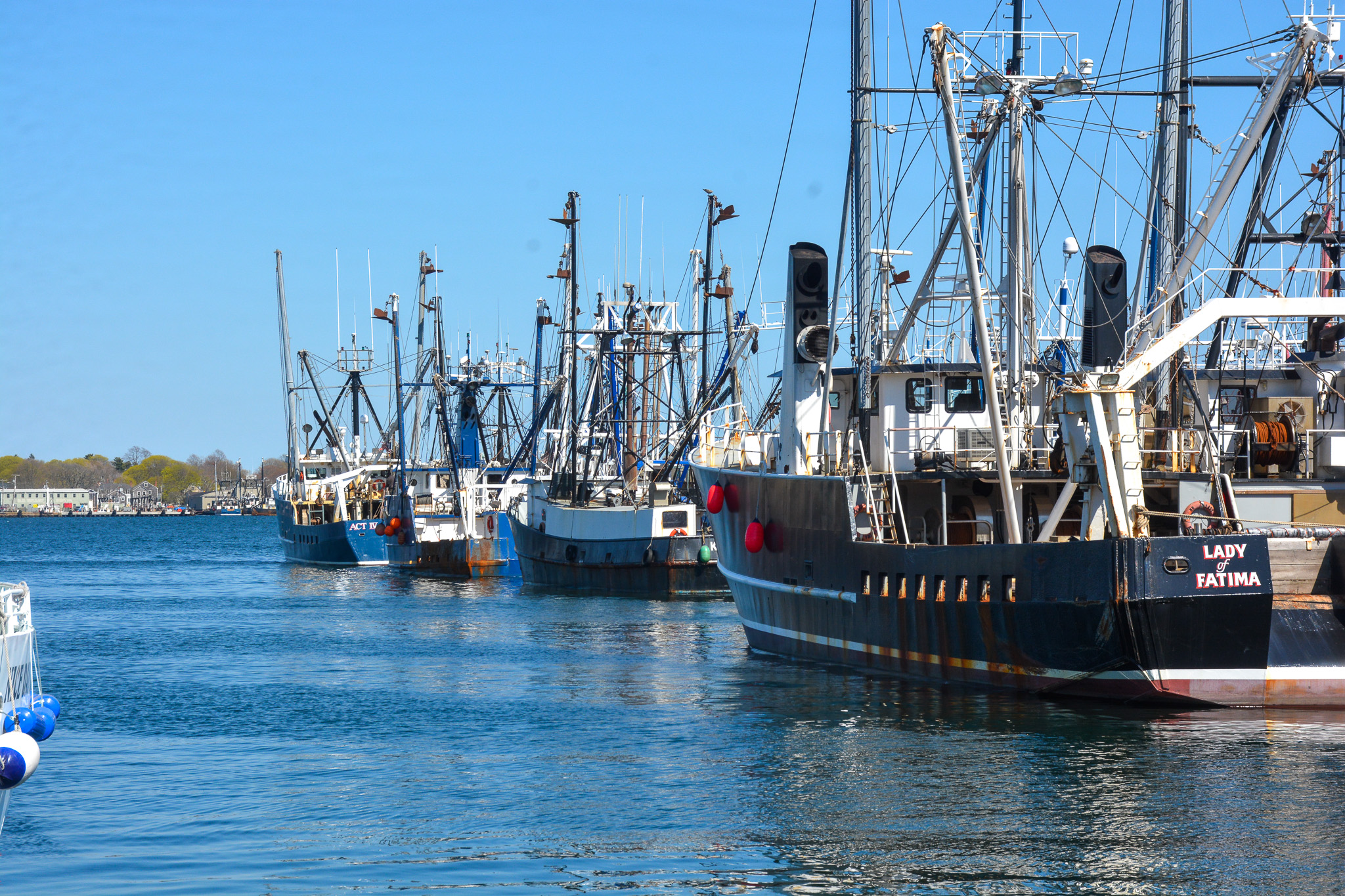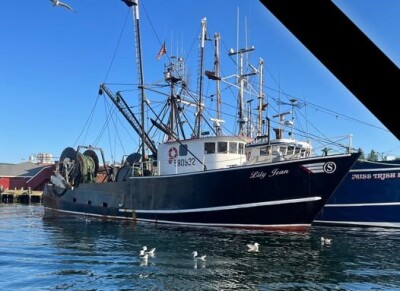Efforts by East Coast states to compensate losses to the fishing industry from offshore wind development must take a regional or cumulative approach, New Bedford, Mass., port officials said Tuesday.
In a 12-page commentary to the nine-state working group, the New Bedford Port Authority emphasized that a fair and equitable mitigation system must be codified by Congress in federal law – and cover the entire extent of ambitious U.S. wind energy planning.
“The NBPA believes a regional or cumulative approach to fund administration is essential and continues to stress that an individual payor (developer), each with their own rules, will seek the least costly and least burdensome system of mitigation compensation,” port officials wrote. “Cumulative impacts of multiple OSW (offshore wind) developments across our entire coastline will produce collective impacts to fishing industries and the communities supporting them.”
New Bedford’s 400-year-old fishing industry is facing enormous changes from planned turbine arrays off southern New England – even as the port is redeveloping into a hub for offshore wind developers.
“The NBPA underscored that there is no port in the United States that has more interest, or more at stake, than the Port of New Bedford relative to this regional fund administrator,” the port’s commentary states. “It also emphasized that to have a truly legitimate and sustainable fisheries compensation fund program, any proposed framework, and the corresponding administrative process to distribute the funds, must be codified in federal law through an act of Congress.”
“Potential losses to the fishing industry should not be based on geographic proximity to offshore wind projects, but instead should be based on losses incurred at landing ports,” according to the authority. “Therefore, it is imperative that shoreside income loss determinations be analyzed on a port-by-port basis based upon the actual losses incurred.
“The NBPA believes a regional or cumulative approach to mitigation and compensation is essential. Cumulative impacts of multiple offshore wind developments across our entire coastline will produce collective impacts to fishing industries and the communities supporting them. A common set of rules and procedures established by this process will not only minimize the burden of fishermen seeking compensation but will give offshore wind developers clear expectations for their planning and development purposes.”
“We appreciate this opportunity to assist policymakers in better understanding the unique interests of New Bedford as the nation’s leading commercial fishing port,” said New Bedford Mayor Jon Mitchell.
“In our view, the two most important mitigation considerations for a Fund Administrator are ensuring access to mitigation funds for affected shoreside businesses in addition to vessels; and the importance of allocating funds commensurate with the value of the landings associated with respective ports. We look forward to a collaborative effort to establish a fair and equitable policy framework that addresses these concerns.”







